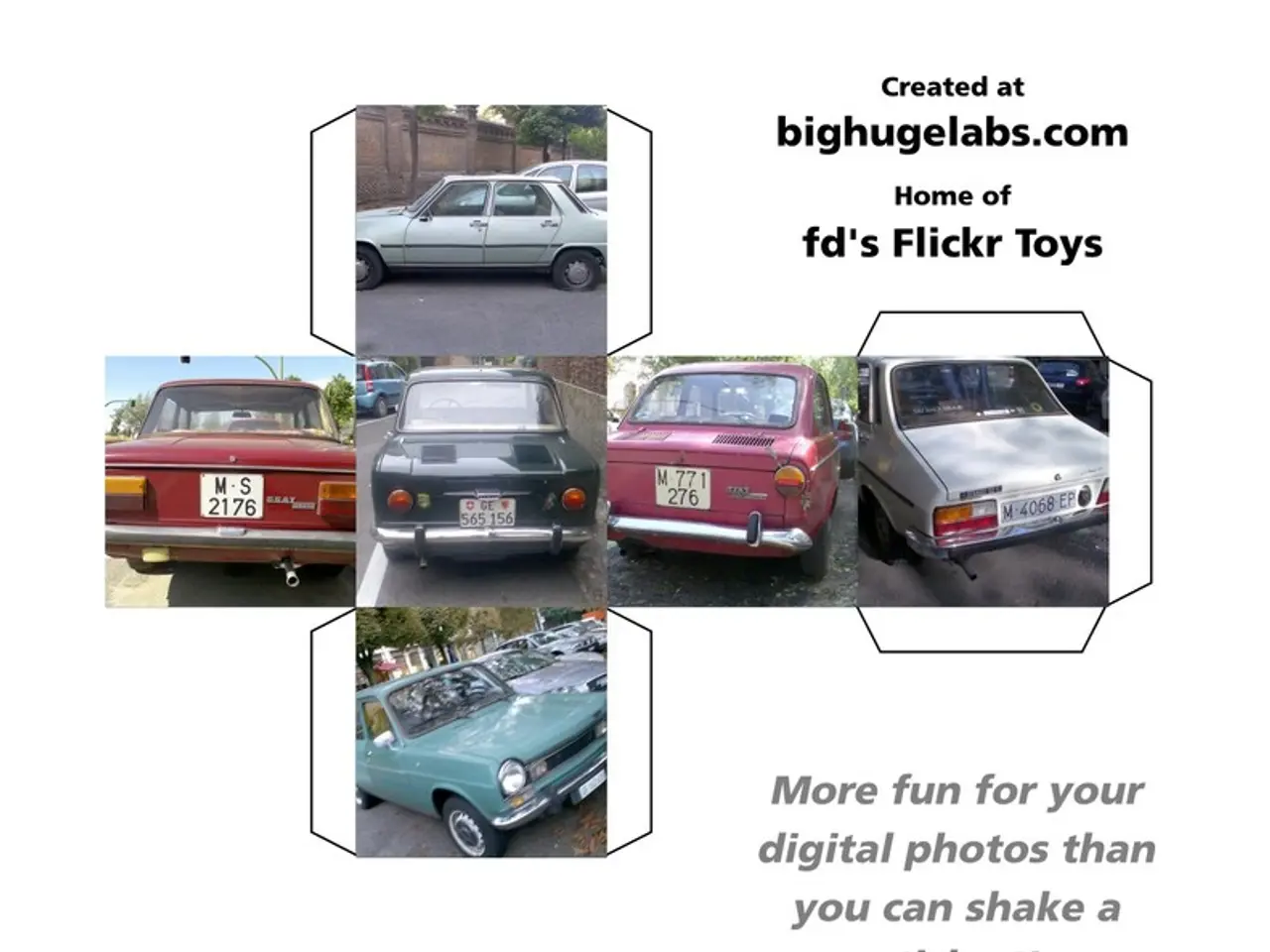Collaboration on Four Wheels: General Motors and Hyundai Form an Automotive Partnership
The automotive industry is witnessing a significant shift, with electrification and shared mobility at the forefront. This transformation is driving collaboration between major players, and the latest example is the strategic partnership between General Motors (GM) and Hyundai.
GM, a legacy automaker with a vast global manufacturing footprint and a wide range of established brands, has faced challenges in adapting quickly to the EV transition. On the other hand, Hyundai, through its agility and focus on innovation, has rapidly gained market share, particularly in the EV space.
The partnership, initiated with a framework agreement signed in September 2024, marks a significant step for both companies. They are co-developing five new vehicles—a mix of compact SUVs, cars, mid-size pickups, and an electric commercial van—with shared platforms but brand-specific designs. These vehicles are planned to launch around 2028, with the electric van to be manufactured in the U.S.
GM leads development of the mid-size truck platform, while Hyundai leads on the compact vehicle and electric van. The collaboration also extends to joint procurement and sourcing efforts, including sustainable material initiatives.
This partnership builds on both companies' historical experience with strategic partnerships. GM, for instance, has a history of collaborations, most notably with Toyota in NUMMI (New United Motor Manufacturing, Inc.). Hyundai, too, has engaged in strategic partnerships, including one with Mitsubishi Motors.
The potential benefits of this partnership are substantial. A collaboration could yield significant advantages, such as accelerated development timelines, reduced costs, and access to each other's technological strengths. However, navigating potential antitrust concerns in key markets could be a challenge for the partnership.
As the automotive industry continues to evolve, strategic partnerships like this one between GM and Hyundai are undoubtedly shaping the future landscape. This partnership could serve as a stepping stone towards closer cooperation in the future, potentially paving the way for more collaborations in the industry.
In a world where the emphasis is on electrification and shared mobility, it's clear that collaboration is key. The success of this partnership and others like it will undoubtedly have a significant impact on the industry, driving innovation and pushing the boundaries of what's possible in the automotive world.
References:
- GM and Hyundai Announce Strategic Partnership
- GM and Hyundai to Co-Develop Vehicles for Central and South America
- GM and Hyundai to Collaborate on Commercial Vehicles in North America
- GM and Hyundai to Jointly Source Materials and Explore Low-Carbon Steel for More Sustainable Manufacturing
- Hyundai's Ioniq Lineup: A Significant Leap in EV Technology
- Ford and Volkswagen Announce Collaboration on Electric Vehicles and Autonomous Driving
- The strategic partnership between General Motors (GM) and Hyundai, particularly in the electric vehicle (EV) sector, showcases the importance of collaboration in the finance and transportation sectors, as both companies aim to accelerate development timelines and reduce costs.
- As a result of this partnership, GM and Hyundai plan to launch five new vehicles, including compact SUVs, cars, mid-size pickups, and an electric commercial van, demonstrating their commitment to the lifestyle trends of electrification and shared mobility.
- The automotive industry's transformation toward electric vehicles and shared mobility is evident, with industry giants forming strategic alliances, such as the one between GM and Hyundai, to stay competitive and address the challenges posed by this shift, thereby setting a precedent for future collaboration and innovation.




